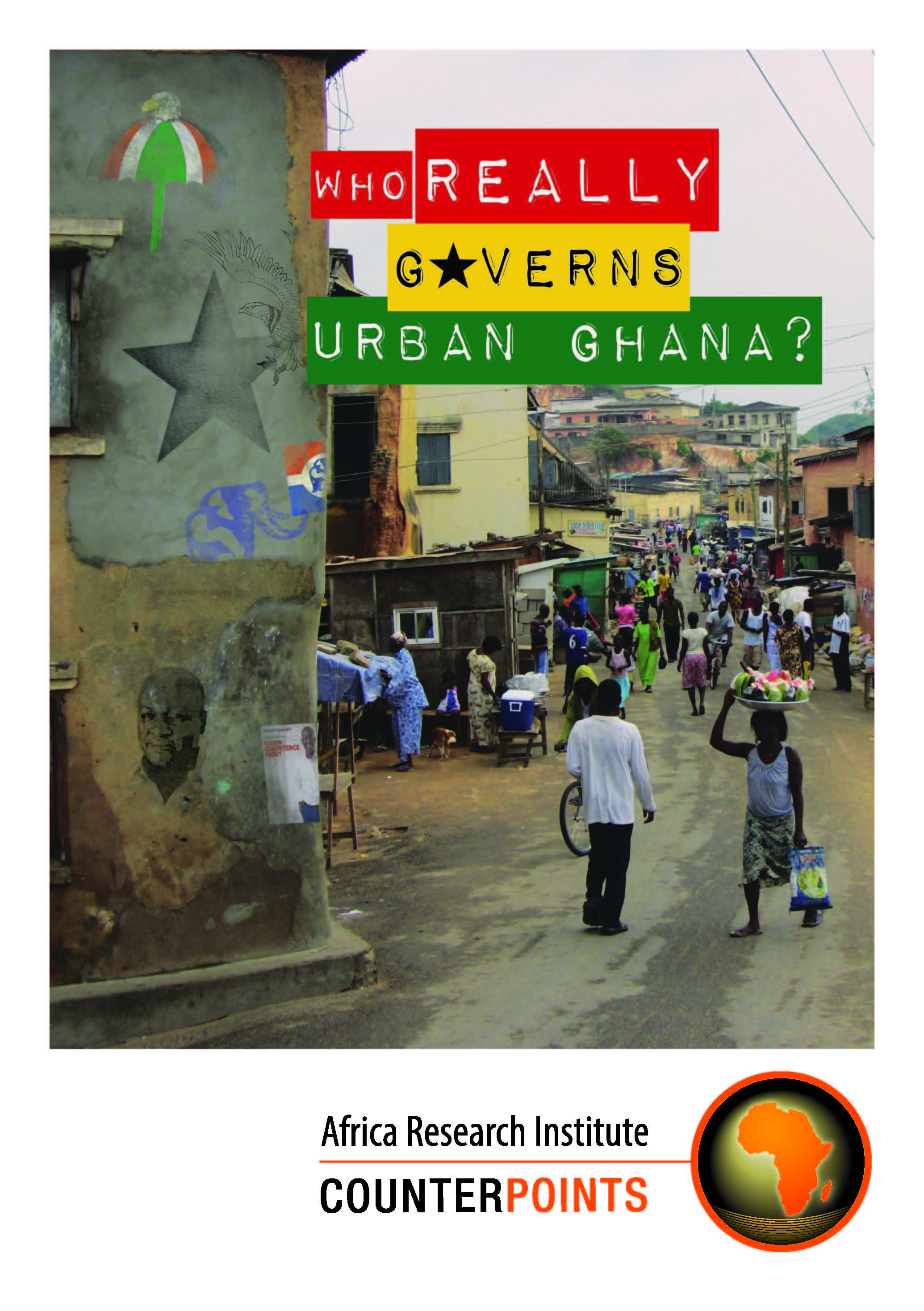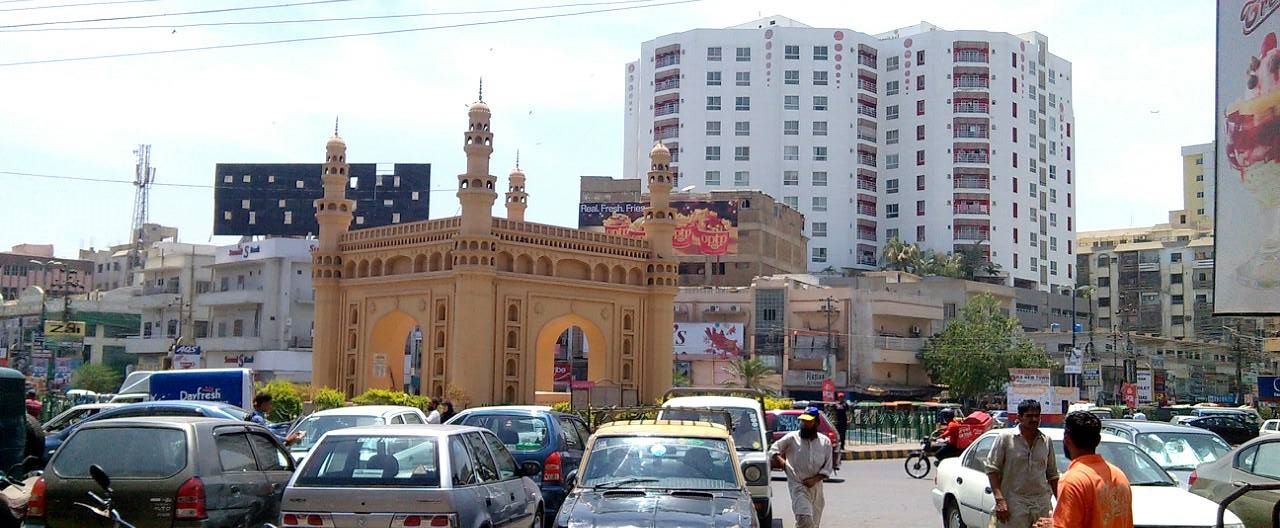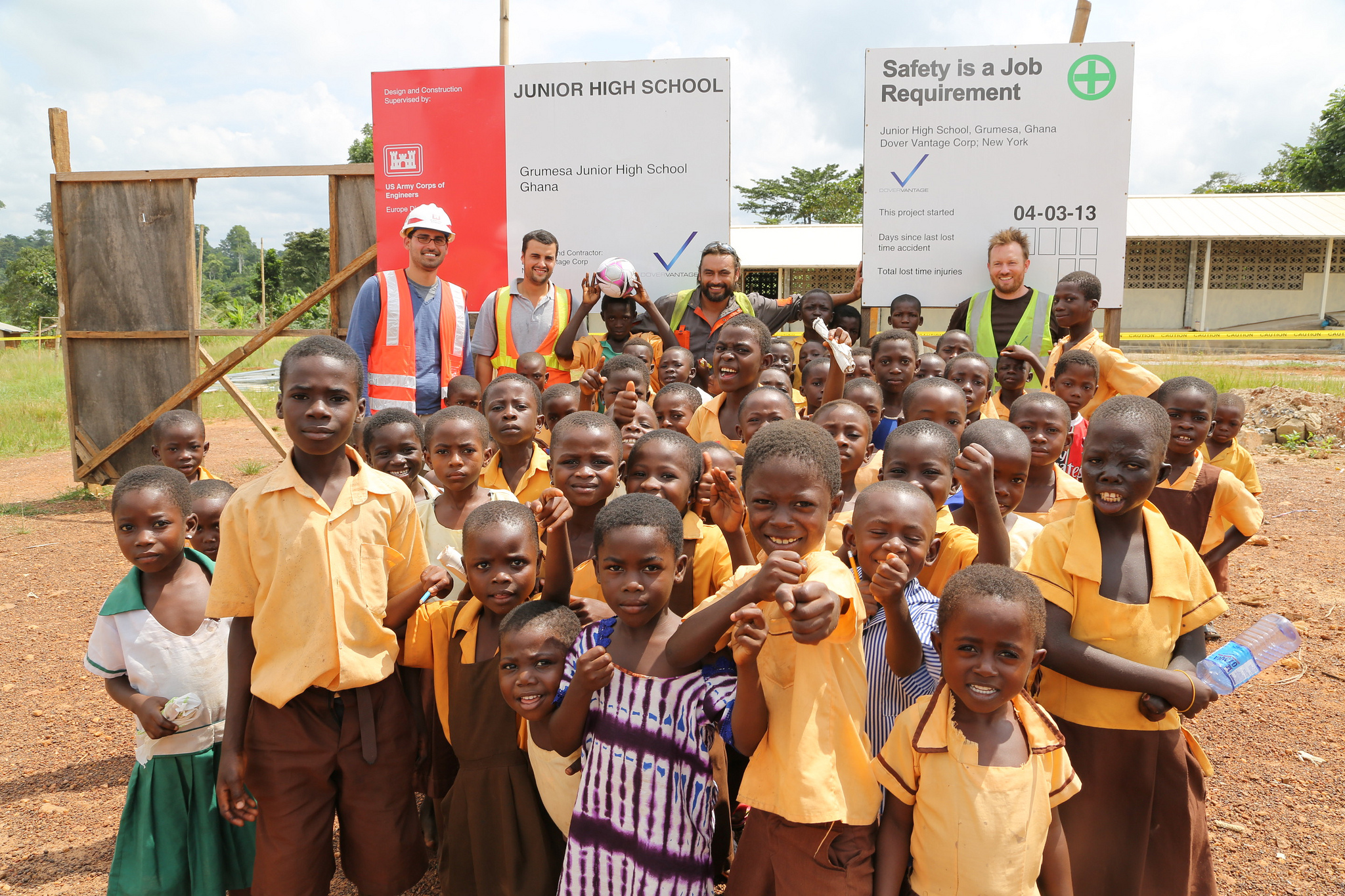
Ghana is one of Africa’s most urbanised – and rapidly urbanising – countries. In the past three decades, the number of city dwellers has risen from four to 14 million; more than 5.5 million live in slums. Urban growth exerts intense pressure on government and municipal authorities to provide infrastructure, affordable housing, public services and jobs. It has exacerbated informality, inequality, underdevelopment and political patronage. Some commentators warn of an impending urban crisis.
Policymakers and international donors continue to prescribe better urban planning, slum upgrading, infrastructure investment and “capacity building” to “fix” African cities. While these are necessary, the success of any urban strategy depends on an informed appraisal of the political dynamics of urban neighbourhoods that define governance in Ghana’s cities.
Slums will play an increasingly important role in Ghanaian politics. They create opportunities for politicians, entrepreneurs, traditional authorities and community leaders. Migrants and settlers make competing claims on land and ownership, forming new communities and constituencies in the process. Informal networks pervade formal political institutions and shape political strategy.
Political clientelism and the role of informal institutions are deepening alongside the strengthening of formal democratic institutions. Yet the way that urban neighbourhoods are really governed, how “hidden” informal networks interact with formal politics, and how citizens hold their leaders to account, are too often overlooked.
Read the full article here.



